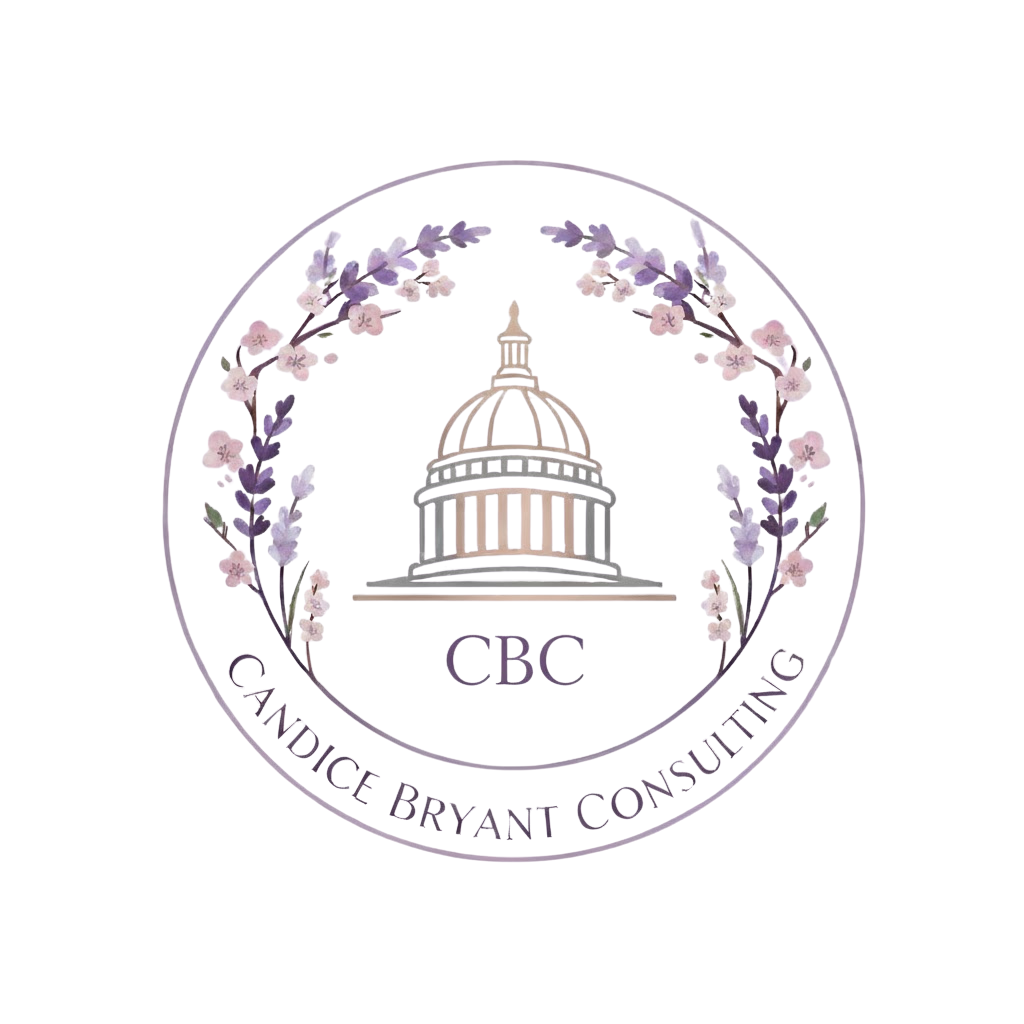Candice’s Current Thinking
Weekly analysis and perspectives on the AI and policy landscape.
Candice Bryant Consulting provides strategic intelligence, public affairs advisory, and communications strategy for organizations operating at the intersection of AI and emerging tech policy, national security and public-private partnerships.
“This is a 1996 moment for AI — the companies that show up in Washington will shape the next decade.”
— Candice Bryant

